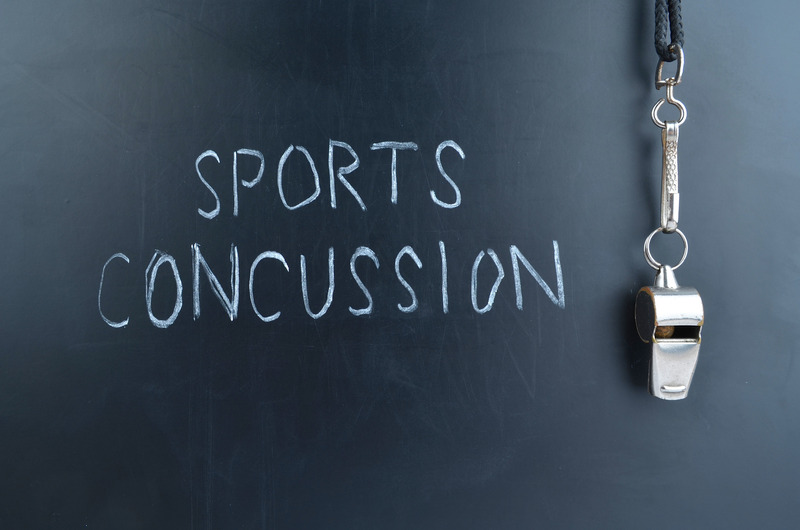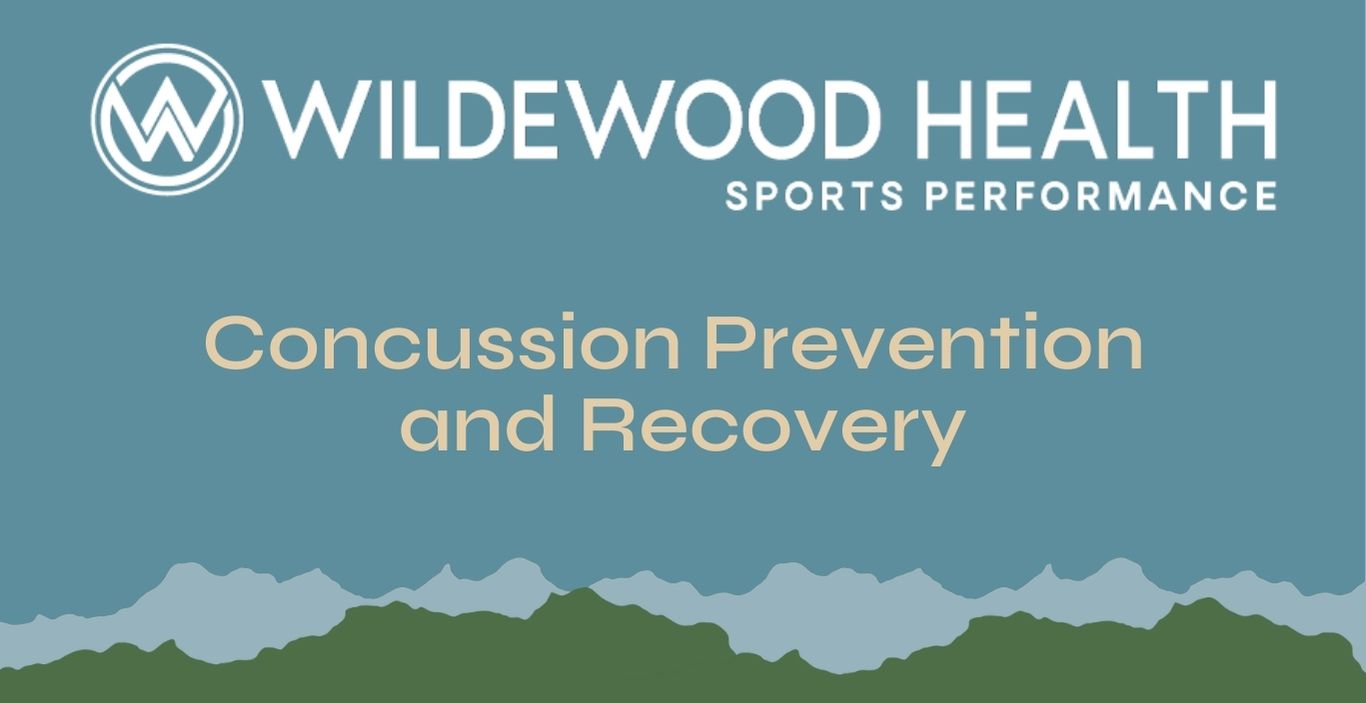As a parent, your child’s safety is always a top priority, especially when they’re engaged in sports or active play. Concussions are a common concern in youth sports, and understanding how to prevent, recognize, and support recovery from concussions is crucial for keeping your child healthy and safe.
Understanding Concussions
A concussion is a mild Traumatic Brain Injury (TBI) caused by a bump, blow, or jolt to the head or body that causes the brain to move rapidly inside the skull. While most concussions are not life-threatening, they require proper care to prevent long-term complications.
How To Prevent Concussions

While it’s impossible to eliminate all risks, you can take proactive steps to reduce your child’s chances of sustaining a concussion:
- Ensure Proper Equipment – Make sure your child wears well-fitted helmets for activities like biking, skateboarding, skiing, and contact sports. While helmets don’t prevent concussions entirely, they help reduce the severity of impact.
- Encourage Safe Play – Teach your child the importance of fair play, proper technique, and respecting rules, particularly in contact sports like football, hockey, and soccer.
- Strength and Conditioning – Developing strong neck and core muscles can help absorb impact forces, potentially reducing the risk of concussions.
- Emphasize Balance and Coordination Training – Improving balance and reaction time can help children avoid falls and collisions.
- Promote Awareness – Coaches, athletes, and parents should be educated on concussion risks and prevention strategies. Programs that promote safety-first mindsets help reduce injuries.
- Have a Conversation Today – One immediate action you can take is to talk to your child today about concussions. Ask them if they know what a concussion is, how it happens, and what they should do if they or a teammate get hit. Reinforce the importance of speaking up if they feel “off” after a hit—never play through symptoms.
- Teach Them the ‘Heads Up’ Rule – Remind kids to keep their heads up when playing sports like hockey, soccer, and football. Avoiding head-first contact and being aware of their surroundings can help prevent dangerous collisions.
- Practice Fall Techniques – Teach younger children how to fall safely by tucking their chin and rolling rather than falling straight back. This is especially useful for activities like biking, gymnastics, and skateboarding.
Recognizing Concussion Symptoms
Concussion symptoms can vary, but common signs include:
- Headache or pressure in the head
- Dizziness or balance issues
- Nausea or vomiting
- Blurred vision or sensitivity to light/noise
- Confusion, memory problems, or difficulty concentrating
- Irritability, mood changes, or sleep disturbances
If your child experiences any of these symptoms after a head injury, they should stop playing immediately and be evaluated by a healthcare professional.
What to Do If Your Child Has a Concussion
- Seek Medical Attention – Even mild concussions should be assessed by a doctor, physiotherapist, or another healthcare provider experienced in concussion management.
- Follow a Gradual Rest and Recovery Plan – Cognitive and physical rest is essential in the first 24-48 hours, but prolonged inactivity can slow recovery. Your healthcare provider can guide when to gradually return to normal activities.
- Monitor Symptoms Closely – Keep track of any worsening symptoms and seek medical care if new or severe symptoms develop, such as persistent vomiting, loss of consciousness, or difficulty waking up.
- Avoid Screens and Stimulation – Limiting screen time, bright lights, and loud noises can help prevent symptom aggravation during the early stages of recovery.
- Gradual Return to School and Sports – Work with your child’s school and sports team to implement a step-by-step return-to-play and return-to-learn plan, ensuring they are symptom-free before resuming full activities.
The Role of Physiotherapy in Concussion Recovery

Physiotherapists trained in concussion management can provide:
- Vestibular therapy to address dizziness and balance issues
- Exercise therapy to aid recovery and prevent deconditioning
- Cognitive rehabilitation to assist with memory, focus, and processing speed
- Guidance on safe return-to-play to ensure full recovery before resuming sports
At Wildewood Health, Geoff specializes in concussion management and can provide comprehensive treatment plans to help your child recover safely and effectively.
Baseline Testing
Wildewood Health also offers concussion baseline testing for teams, helping athletes establish a pre-injury benchmark that can aid in better management if a concussion does occur.
Concussion baseline testing is a pre-season assessment that measures an athlete’s brain function, including memory, reaction time, balance, and cognitive skills before any injury occurs. If a concussion happens, these baseline results provide valuable comparison data to help healthcare providers make safer return-to-play decisions.
At Wildewood Health, we offer concussion baseline testing for teams to ensure athletes have a clear, objective measure of their normal brain function. This proactive approach helps protect young athletes by improving concussion management and reducing the risk of returning to play too soon.
Final Thoughts
While concussions are a serious concern, taking preventative steps and knowing how to manage recovery can make a significant difference in your child’s long-term well-being. If your child has had a concussion or you have concerns about their safety in sports, our team at Wildewood Health is here to help. Contact us for expert guidance on concussion prevention, assessment, and rehabilitation.
By staying informed and proactive, you can help your child stay safe, active, and healthy while enjoying the sports they love!






